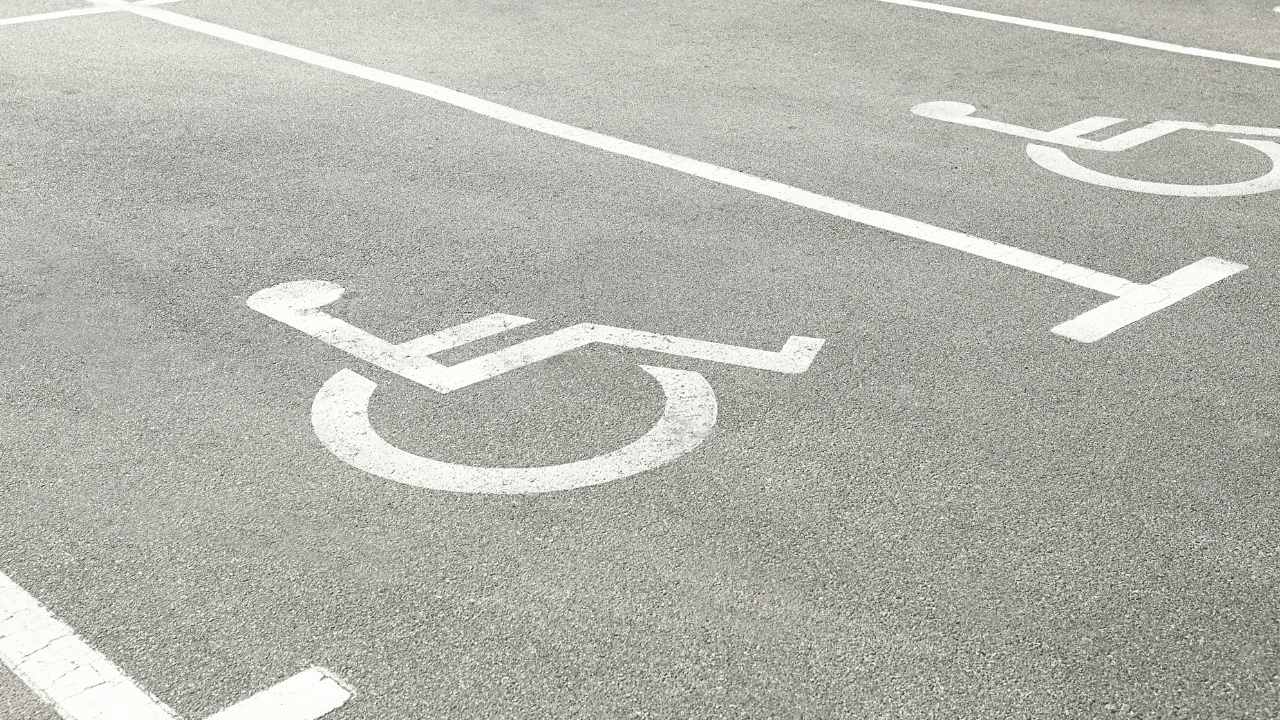MANILA, Philippines — Whether it’s for groceries or concert tickets for K-pop idols, all establishments are mandated by law to provide express lanes for persons with disabilities (PWDs), regardless of the type of transactions.
The Department of Justice (DOJ) issued a legal opinion to that effect after a complaint to the Department of Social Welfare and Development regarding an incident in March was endorsed to the National Council on Disability Affairs (NCDA)—to which the Sept. 19 opinion was addressed.
According to the DOJ, the NCDA on March 12 cited that complaint about the lack of express lanes for PWDs during ticket sales at a mall in Sta. Cruz, Manila, for a K-pop concert.
The mall company, through their counsel, responded to that concern on March 18, saying that the PWD concerned could have had the option of purchasing the ticket online or authorizing somebody on her behalf to buy that ticket.
Instead, the PWD chose to buy the ticket at the physical outlet “since she might have a better chance of securing the limited tickets ahead of regular customers if she, a PWD, can avail [herself] of the express lane or priority.”
‘Privilege, not right’
“Considering that they (customers) have to endure long hours of queuing, the first come, first served… policy is implemented to ensure tickets are sold fairly, treating all buyers equally,” the mall operator said.
It argued, further, that express or priority lanes should be “granted as a privilege and not as a right,” stressing that such provisions should not infringe upon the rights of others.
Granting express lanes could create an “inequity of treatment” among customers, particularly favoring those with disabilities over “able-bodied individuals,” the company said.
Justice Undersecretary Raul Vasquez, who signed the DOJ opinion, cited Section 10 of the Implementing Rules and Regulations of the Expanded Benefits and Privileges of Persons with Disability Act (Republic Act No. 10754), mandating the provision of express or priority lanes for PWDs in all commercial and government establishments.
In the absence of express lanes, priority must still be given to PWDs in all transactions, he said.
“It is important to stress that the legislature used the word ‘all’ without exceptions or qualifications,” Vasquez said, adding that this language implies the law does not intend to differentiate between establishments or transactions involving widely available items and those in limited supply.
Guidance
Despite that opinion favoring PWDs, Vasquez noted, at any rate, that it was issued only for information and guidance purposes.
He said the DOJ does not typically provide opinions or legal advice to government officials or private individuals, even if recommended by a government agency.


